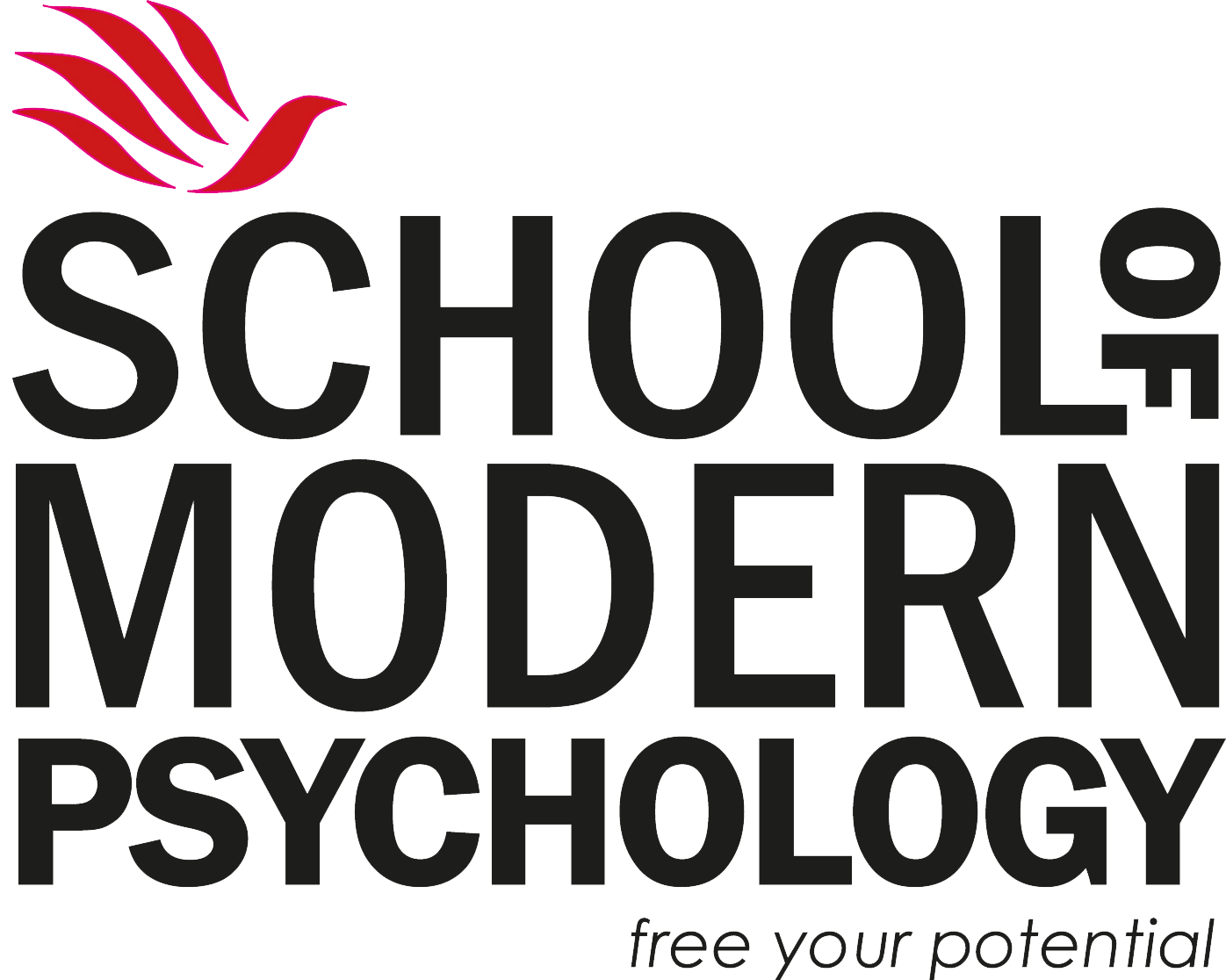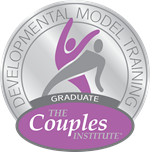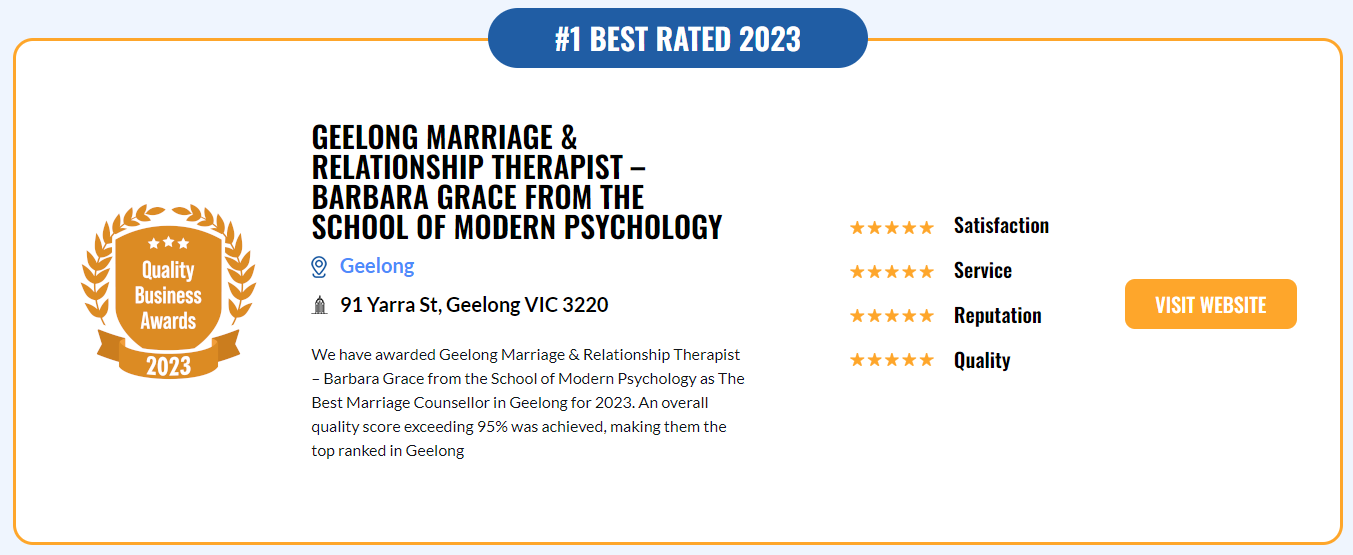How To Value Yourself & Set Better Boundaries In Your Relationships
/Relationship therapist, Barbara Grace, describes essential insights to expressing and valuing yourself more positively and purposefully in your relationship by creating better boundaries.
Photo by Andrea Piacquadio from Pexels
“Being taken for granted is an unpleasant but sincere form of praise. Ironically, the more reliable you are, and the less you complain, the more likely you are to be taken for granted.” — Gretchen Rubin
Let’s start with two quick questions:
First question: How much do you value yourself (on a scale from 1–10)?
Second question: How well do you set boundaries to prioritise your personal & relational well being (on a scale from 1–10)?
Chances are that if you score high on the first question, then you will possibly score high on the second. Similarly, if you score low on the first question, then you will probably also score low on the second.
Why? Because how you think about yourself often influences how well you assert your needs and establish boundaries to achieve them within a relationship.
Accessing your positive and resourceful power only happens when you respect yourself, your partner and the relationship you’re investing in. Then, and only then, can you drop the resentment and set boundaries that support you.
Photo by Artem Beliaikin from Pexels
The Twin Challenges of Valuing Yourself & Setting Better Boundaries
“We often take for granted the very things that most deserve our gratitude.”
If a relationship is experiencing challenges, those twin factors (self-value and boundaries) often show up as well.
Resentment: The cost of not valuing yourself and setting better boundaries
Here’s a quick check-in: When’s the last time you felt resentment towards your partner, a colleague, a friend or a family member?
Think about it:
What was happening to your self-esteem at the time?
How far down the ladder had your own needs fallen?
How invisible in the equation were you beginning to feel?
When you spoke, who listened?
It doesn’t take too much for our sense of self-worth to take a direct hit and retreat from this pain.
Resentment lets us know our boundaries are out of alignment — that we’ve allowed someone to take us for granted or assert a level of unresourceful power over us.
“Anger, resentment and jealousy doesn’t change the heart of others — it only changes yours.”
― Shannon Alder
Resentment is a warning sign that we haven’t put our needs equal to others. It’s a wake-up call that if we don’t express our needs (without feeling guilty for doing so), then others may overlook us as well. Sometimes a relationship can feel like a battle between the ignorant and the ignored, an angry well that feels so deep we could fall in.
Yet, when a couple chooses to honour the relationship’s values, hold each other in positive regard, create mutually beneficial outcomes and operate from a shared position of power and authority — then a healthy, balanced and sustaining relationship is held safely.
True Story
“Resentment is like drinking poison and waiting for the other person to die. ”
― Carrie Fisher
Years ago, I worked with a young woman whose boundaries were so porous that she appeared to live her emotional life as a glossy ball in a pinball game. One moment heading in the right direction, the next bouncing off someone else’s equally porous boundaries.
Her emotional state reacted with overwhelm, rarely with stability. Her relationships looked complicated and her love-needy-ness was at an all-time high. The energy she created propelled a perpetual state of chaos.
This is one side of the powerless equation — boundaryless and lost in a swirl of worthlessness.
While her family background and history offered a clear road map to how she turned up in her life, people like this young woman can choose to reach a point where the desire to honour themselves by discovering their personal power allows the next step to be taken. It was a long road to finding a healthy balance, and she did it.
The Cost of Self-righteous Rigidity
“Resentment is often a woman’s inner signal that she has been ignoring an important God-given responsibility — that of making choices.”
― Brenda Waggoner
Relationships with power imbalances can be challenging to live in. If one partner holds onto a sense of self-righteousness rigidly, then the other can disappear under the weight of their partner’s grandiosity, one-up positioning and superiority.
It can feel like chipping through marble to get to the soul of the human within.
Techniques used to achieve self-centred outcomes (passive-aggressive stances, blatant manipulation or outright bullying) that position the person as superior and with one-up power can wear down the most resilient of us.
Yet when you set healthy containing boundaries then you know how to reject self-centred grandiosity and keep yourself (and your self-worth) protected.
Often the embryo of these grandiose states originates as a self-protective strategy — learned by modelling the actions of others, or as a defense to stop ever being hurt again. It’s usually in childhood that these strategies are learned — rarely by choice.
Impact on well being
Many challenges couples face come down to a reduced awareness of how these dual states (self-value and boundaries) impact their emotional well-being.
At the pointy end is often a misaligned relationship with one’s own personal power. Having too much or too little shifts the dynamics of a healthy balanced relationship. So often it’s driven by a personal narrative embedded when young. If a person grew up feeling abandoned, unloved or unworthy it makes sense that their perceived self-worth will be protected beneath an emotional wound simply to survive.
It’s in this space that much of the work I do appears — mining the surface layers of power & ego against the softer and more vulnerable space of unmet emotional needs can create stronger boundaries along with a more joyous sense of self-worth.
So how do you know if your relationship with power is in balance or not?
Take a moment to reflect in your journal (or talk with your partner) about these questions:
In my own experiences, I can look back and see times in my life and relationships that had me putting up rigid boundaries — often due to modelling from parents or from hurts I wanted to protect myself from ever experiencing together.
Those ‘walls’, which can be initially erected as a defensive strategy, are simply ineffective boundaries — either too rigid to feel (or express) emotions or too porous to feel safe within the relationship.
In this month’s ‘Heart of Relationships’ group we’ll be continuing to explore boundaries, power and self-esteem work.
It’s the insights coming from this work that help us turn up in a more healthy and respectful way — to our partners, our children, our families and ultimately to ourselves.
Please share your thoughts with me — what’s your relationship with power and setting boundaries? How has it helped you reconnect with self-worth and self-care?
I’d love to hear from you and read your personal insights.
Barbara Grace — Relationship Therapist at the School of Modern Psychology
Barbara also runs an online program: Heart of Relationships, you can find out more about it here.















